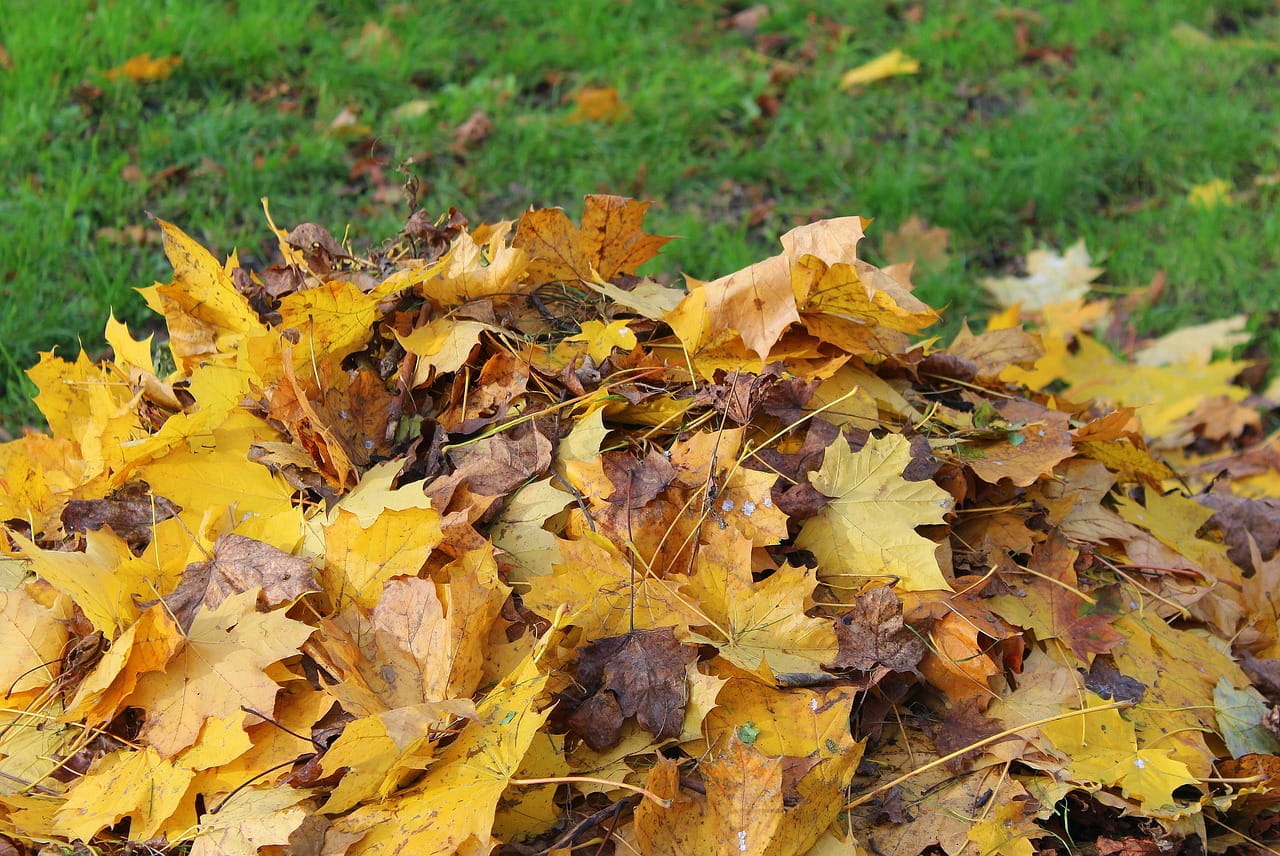The web Browser you are currently using is unsupported, and some features of this site may not work as intended. Please update to a modern browser such as Chrome, Firefox or Edge to experience all features Michigan.gov has to offer.
Consider wildlife and wildfire during fall yard cleanup
October 19, 2023
Today’s MI Environment story is courtesy of the Michigan Department of Natural Resources.
Yard looking a little disheveled with sticks, fallen leaves and dead plants hanging around?

Don’t worry too much; nature likes it a bit on the wild side. As you start the annual chore of fall clean up, use these tips to help wildlife and prevent wildfire.
First, the easy part: move a fall task to your spring to-do list. Hold off on clipping dead plant stems until 50-degree days return. If left over winter, they’ll provide protection for perennial plants. The hollow spaces in stems will give small critters and pollinators places to hibernate. Learn about the benefits of “leaving the leaves.”
Although some local ordinances allow fallen leaves to be burned or removed curbside, why not use dead leaves as free mulch? They will insulate plants and slow erosion, keeping garden soil in place. Turtles, toads, salamanders, moths and butterflies all spend winter tucked under leaves.
You could even use leaves to enrich next year’s garden.
“To tidy fallen leaves, rake them up into a bin or pile to turn into nutrient-rich compost,” said Department of Environment, Great Lakes, and Energy compost coordinator Aaron Hiday. Get composting tips from EGLE.
If you plan on burning yard waste, check whether conditions are safe for fire, and know your local fire ordinances. Even if the weather is cold, you’ll need a burn permit any time the ground is not fully covered in snow.
“Most wildfires are started when people burning yard waste lose control,” said DNR Wildfire Prevention Specialist Paul Rogers. “Always keep a fire manageable, don’t burn on a windy day and never leave a fire unattended, even for a minute.”
Only burn natural materials like sticks, branches and dried leaves. Burning trash is illegal and releases harmful chemicals into the air. Learn about open burning.
Get a burn permit: Upper Peninsula and northern Lower Peninsula residents can view conditions at Michigan.gov/BurnPermit or call 866-922-2876 (866-922-BURN). Southern Michigan residents should check with their local municipality or fire department. Be mindful of local smoke and fire ordinances, which can be stricter than state ordinances.